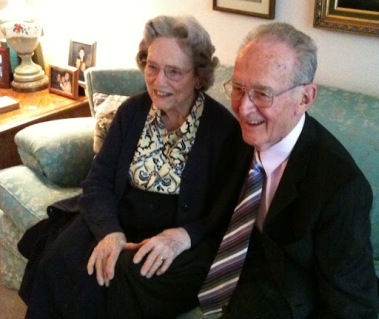 This past April my family gathered in Oregon to celebrate my parents’ 65th wedding anniversary. While we were together, my brothers and I produced a list of statistics from 65 years of marriage that sound a little like stanzas from The Twelve Days of Christmas—4 kids, 8 grandkids, 9 great-grandkids, 12 moves, 4 pastorates, 5 dogs, 1 cat, 3 goldfish, countless hamsters, and a parakeet (but no pear tree as I recall).
This past April my family gathered in Oregon to celebrate my parents’ 65th wedding anniversary. While we were together, my brothers and I produced a list of statistics from 65 years of marriage that sound a little like stanzas from The Twelve Days of Christmas—4 kids, 8 grandkids, 9 great-grandkids, 12 moves, 4 pastorates, 5 dogs, 1 cat, 3 goldfish, countless hamsters, and a parakeet (but no pear tree as I recall).
None of these statistics surprised us. But what did surprise me at least was to see on paper the fact that of their 65 years together only 33 were with kids at home (and that’s almost certainly well above the average). For 32 years and counting it has just been the two of them.
If we include the years from the day my mother was born until she married my dad, she’s been on active duty as a mom for less than half of her life. What is more, 10 years ago debilitating pain took my mother out of the traditional role of a wife she so beautifully fulfilled for most of her adult life and sent my dad to the kitchen. Here’s another statistic to ponder: 9 out of 10 wives end up spending some portion of their lives alone, a staggering number that doesn’t include women who never marry.
Looking at the numbers and the real lives they represent, shouldn’t we be asking some pretty penetrating questions about God’s calling for women?
For example, do the answers we embrace fully address the many changing seasons and circumstances of our lives? Is it possible for some women to finish the job God created them to do long before their lives are over or, even worse, to miss entirely God’s main purpose for creating them? Are we putting little girls and young women on hold until they marry and have children? Is it possible that at any moment some unexpected tragedy or misstep can downshift our lives from significant and purposeful, to marginal and no longer vital? Are God’s purposes for women that fragile? Was an older divorced friend of mine right when she murmured dismally, “I had my chance”?
If my mother’s story didn’t raise questions for me, the women I’ve encountered during the past five months would have done the job. In the first few months of this year, my path has crossed with those of gifted women in ministry and in seminary. I met courageous women at Fort Bliss, in El Paso, Texas—wives of U.S. servicemen who are single-handedly managing the home front in an atmosphere of daily uncertainty, as they track and support husbands stationed in Iraq and Afghanistan. There were others—a group of remarkable business women in Orlando who are making a difference for the kingdom in the corporate world; Hispanic women in South Florida who have emigrated to this country and are coping with seismic alterations as they try to restart their lives; even an online community of several hundred heartbroken but faith-filled women battling for the souls of children who have turned prodigal.
Anyone attempting to define a common demographic among these various groups of Christian women would have to give up in frustration after checking off “female.” The demographics don’t line up. Neither do their circumstances. Their lives are not all the same. And in this broken world, change is an ever present reality, if not an outright threat as it certainly is for the women of Fort Bliss. If a woman’s highest calling is to be a wife and mother, as we in Christian circles so often assert, then a lot of us are having to settle for something less, often through no choice of our own. And even for women like my mother who marry and raise children, large chunks of their lives fall outside the scope of God’s calling for women. Can it be possible that in planning for us God failed to take into account the myriad of contingencies we inevitably encounter?
All of this leads me to look again at the strong military Hebrew word ezer (pronounced āzer)—the label God gave His daughters when He created the first woman. Is ezer a part-time job for women that we take up for a season and lay down when the nest empties or if we land among the high percentage of women who end up on their own? Or do marriage and motherhood come under a much larger umbrella of God’s purposes for us that encompass the whole of every woman’s life and drench every day of our lives with kingdom purpose?
If ezer is this all-encompassing, then my mother is still deployed and has been since her birth. She is still a warrior on active duty, still fully engaged in advancing God’s kingdom right where He has stationed her. My divorced friend hasn’t run out of chances either. And my new friends at Fort Bliss were speaking for all of us when they said, “Our calling as ezer-warriors for God’s purposes is exactly what we need to march us forward through our lives.”




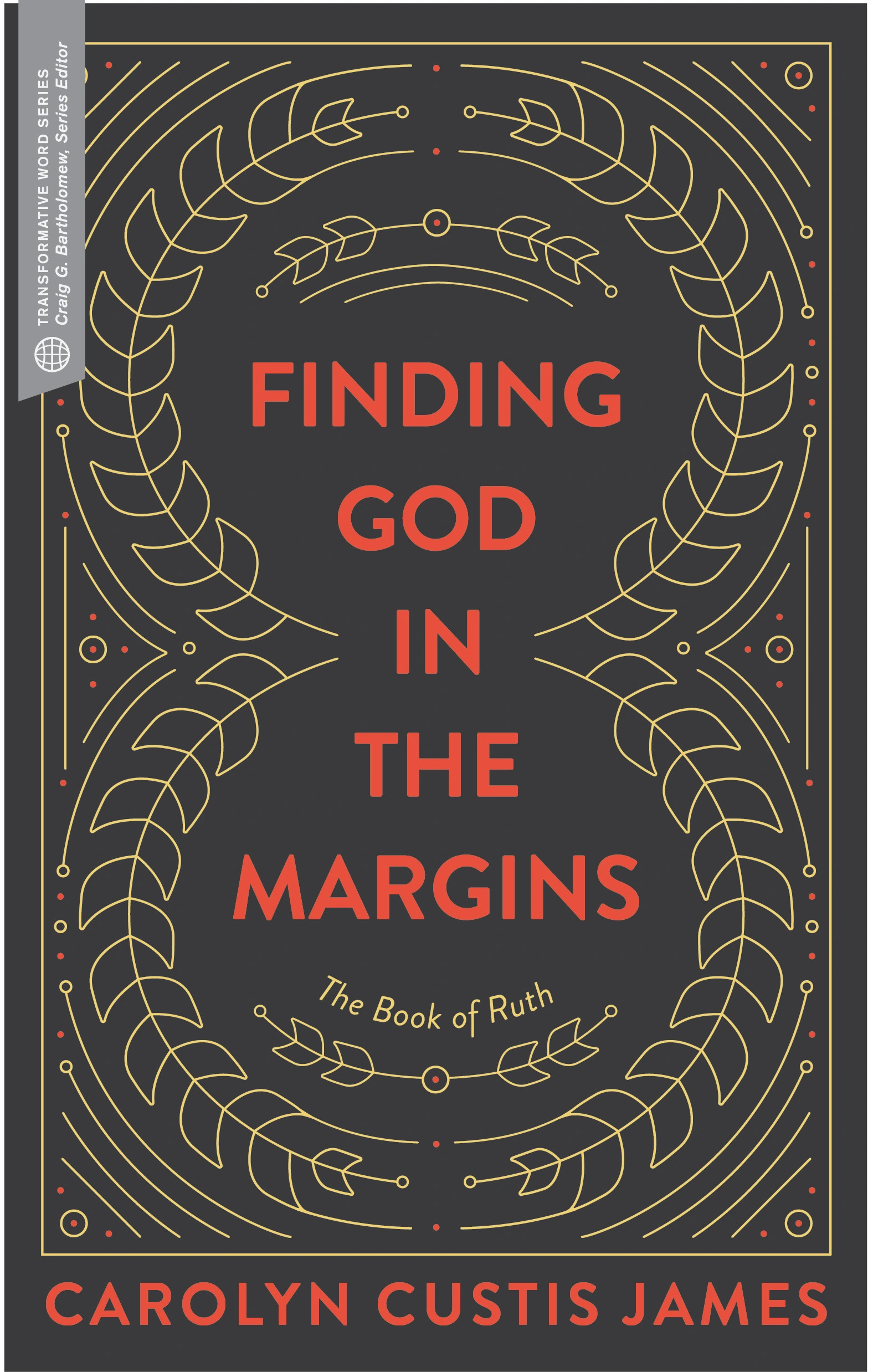
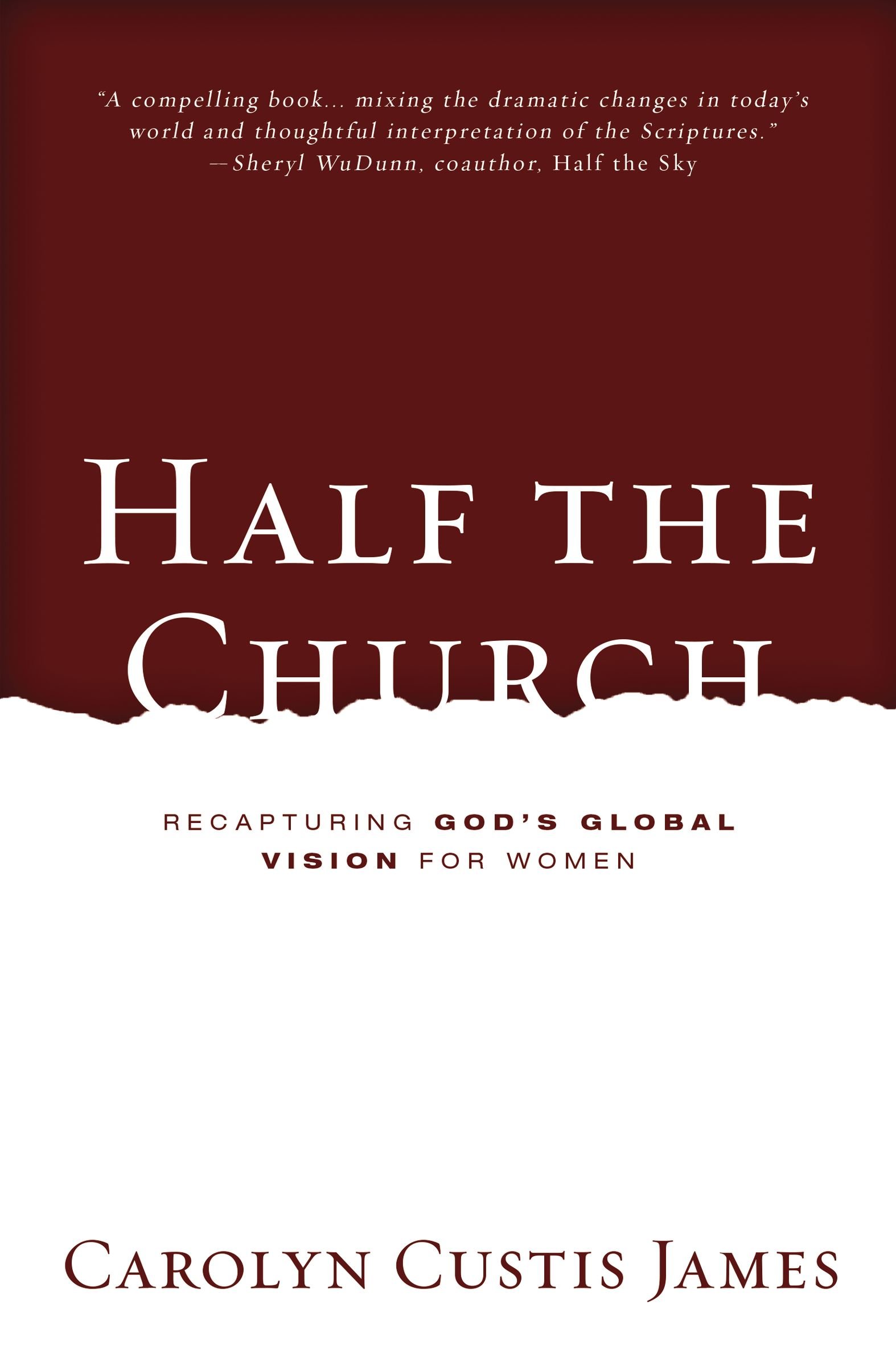
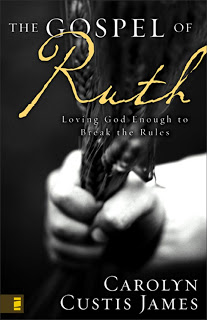
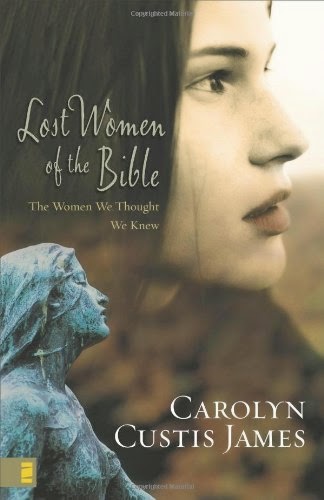







Dear Carolyn,Wow – thanks for this thoughtful reflection. As your books, it’s got thinking in it that one does not usually find in Christian literature. I am a woman to whom God has chosen not to give children, and although I am a wife, not having children raises the inevitable identity questions, especially for later in life when there will be no grandchildren, no weddings, no graduations. It’s a death experience. I have long thought about the fact that even for my friends with children, being a mother is still not the primary calling that the church claims. For women like those you describe here, there must be something more. God’s call is not a part-time vocation!I look forward to reading more of your thoughts and those of your readers — thanks for the blog format!Meredith
LikeLike
Meredith,You are speaking for a lot of women who, for one reason or another, have always felt left out of the conversation about God’s calling for women. While I do not underestimate the sorrow that comes with lost dreams, I am learning that losing our dreams does not mean we’ve lost our calling as women in any sense. God’s purposes for his daughters have never required us to have matching resumes. Our calling is to follow him and advance his kingdom on the individual path he has charted for us. That raises the bar for all of us, whether we are wives and mothers or none of the above. Welcome back into the conversation!
LikeLike
Hi! I really liked what I read. I am both a wife and mother, but I struggle with feeling stuck there. As much as I enjoy both immensely, I know God has called me to use my gifts in other ways, too–without feeling guilty for doing so!One thing I would like to add–as Christians, we are called to both do and to be who we are in Christ. I don’t want to be defined just by what I can do or can produce. I want to be known as well by who I am, knowing too that who I am is also shaped by what I do to carry out God’s purposes in my life. I want who I am in Christ to shape my life purposes and my life purposes to mold me into a more Christlike woman of God. So often I feel a disconnect between the two.Peace & Joy–Deborah
LikeLike
What a wonderful insight, Carolyn. Thank you for this blog post. There are many who teach that a woman has only one calling and purpose in her life and that is being a wife and mother ONLY. The woman has no vision or calling on her life from God of her own. Her husband/father is the one who has the vision or calling and she is to serve her “head” in his calling because that is HER calling. No exceptions. No deviations. It is time we start to look at reality and start to see that God, indeed, gives women a vision and calling.
LikeLike
Corrie,Yes, we must look reality squarely in the face—not just our Western realities, but the realities women face beyond the borders of our culture and time. The real world context is where we put our conclusions regarding the teachings of Scripture to the test. Not, I might add, with pragmatic self-serving standards of measurement in view, (e.g., Does this work for me? Does it bring me success? Do I like this?), but rather to make sure we haven’t drawn conclusions that exclude anyone from the possibility of answering God’s call on their lives. Also, we must draw our conclusions from the <>whole<> of Scripture and not just certain statements. For example, the assumption that men have callings and women don’t must take into account Jesus’ calling on all believers to follow him, to combat the Enemy, and to build his kingdom. Where does the Holy Spirit’s distribution of spiritual gifts fit into this discussion? Or Paul’s strong statements about the advantages of singleness because of the freedom it brings to focus on the kingdom of God? One has to ask whose “calling” is pushed to the forefront in the book of Esther, or in the story of Mary and Joseph, or in Mary of Bethany’s choice to sit at the feet of Rabbi Jesus and to anoint him for his burial? A deep sense of kingdom calling saturates the stories of women in Scripture and not just a few of them—as wives and mothers, judges, queens, and bold advocates for others, rabbinical students and disciples, and in many, many other spheres of life.Thanks Deborah for the reminder that what enriches and cements our callings as women is our identity as followers of Jesus. He is the one who charts our course and often takes us down paths we never meant to travel. All along the way, no matter where he leads us, he has rich purposes and kingdom assignments for his daughters.
LikeLike
Carolyn…
Thanks for your encouragement…ezers we are from the beginning and ezers we are till the end…forever bearing the image of our incredible God, creator of heaven and earth! Now that’s a calling that inspires me to get up in the morning and engage in the battle of life!
Mother, wife, daughter…a woman who simply loves Jesus.
Shalom
LikeLike